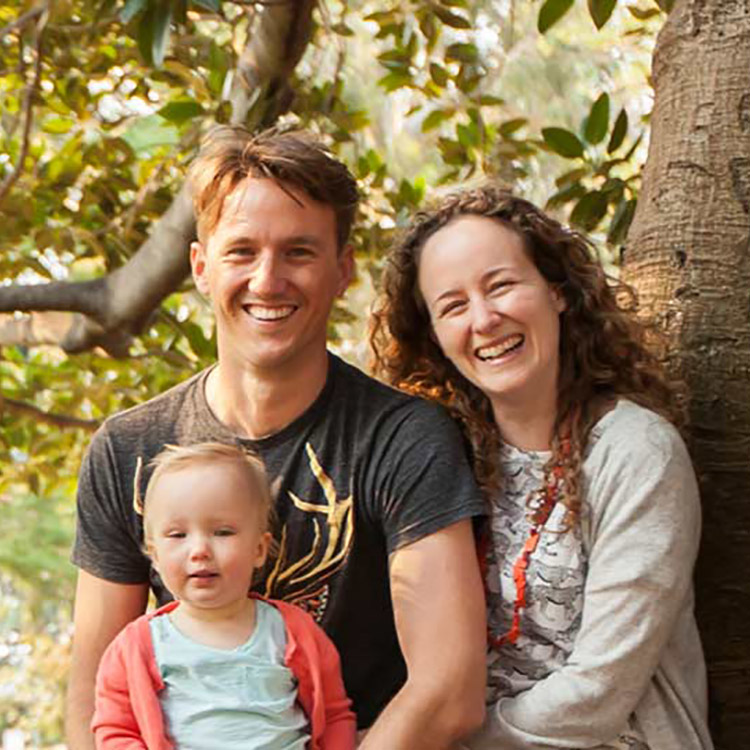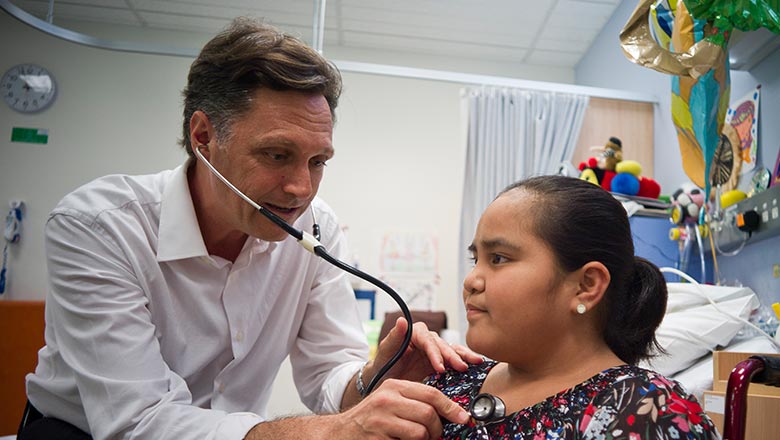Search
Showing results for "Au"

News & Events
Language Study Reveals Need for Long Term MonitoringA new study looking at the receptive language development of young children has highlighted the need to monitor kids over time to ensure they don't fall behind.

News & Events
New evidence on the importance of birth spacingResearch from The Kids Research Institute Australia shows that a short time interval between pregnancies may be less of a risk factor for preterm birth and low birth weight

News & Events
Trans-Tasman partnership to tackle rheumatic heart diseaseResearchers at The Kids Research Institute Australia have begun a comprehensive research project into vaccines aimed at tackling rheumatic fever.

News & Events
How learning to talk is in the genesResearchers from Perth's The Kids Research Institute Australia have been part of an international study that has found that genetic factors contribute to the development of l
News & Events
Experts gather for Aboriginal Immunisation WorkshopExperts in Aboriginal infectious disease research are in Perth this week for the National Indigenous Immunisation Research Workshop (November 7-8).
News & Events
New vaccine shows promise in protecting against common cause of meningitisResearchers are an important step closer to finding a vaccine that protects against a wide range of strains of meningococcal B - the most common cause of mening
News & Events
Arsenic in drinking water linked to lung diseaseThe Kids research has uncovered likely mechanisms for the link between arsenic in drinking water and higher risk of developing chronic lung disease.
News & Events
Listen Up - Urgent action needed to reduce ear infectionsListen Up - Urgent action needed to reduce ear infections
News & Events
New insight into Rett syndrome severityA research collaboration between Australia and Israel has identified a genetic variation that influences the severity of symptoms in Rett syndrome.
News & Events
New guidelines a model for better management of rare conditionsNew guidelines a model for better management of rare conditions
